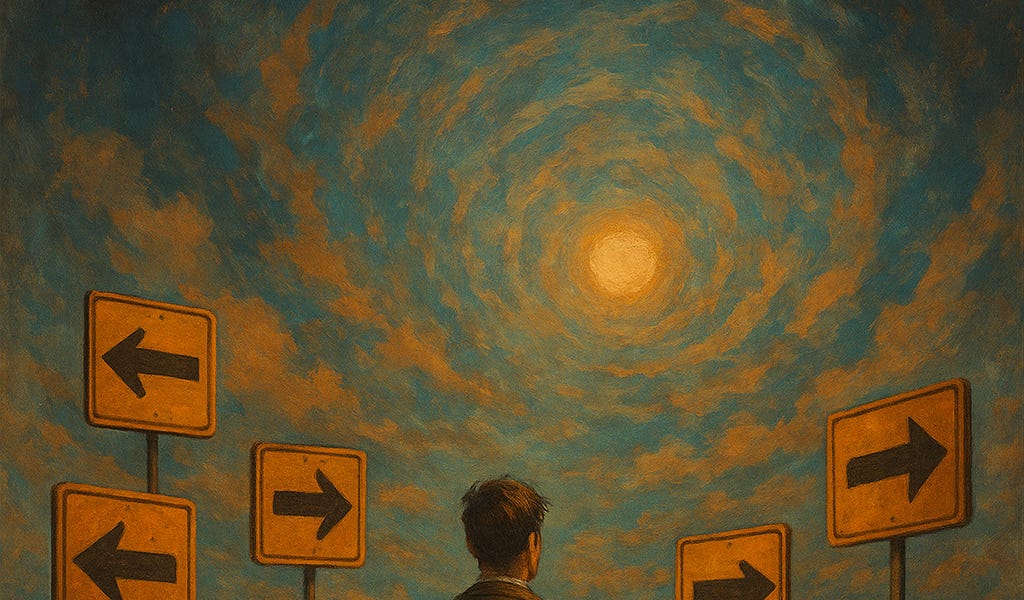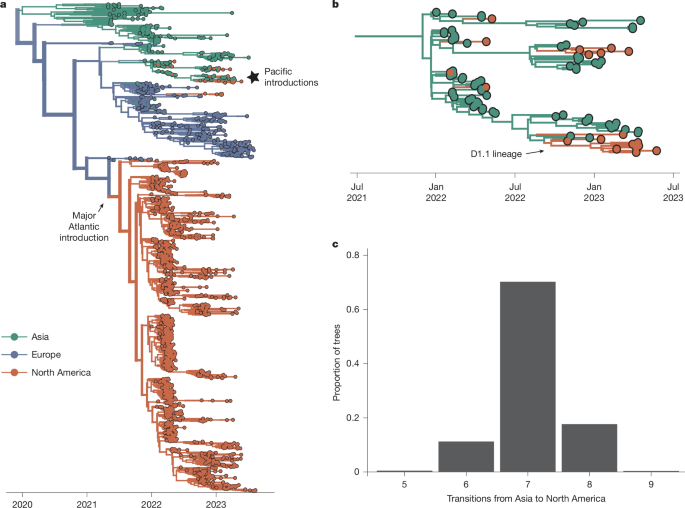New York City commuters could soon start seeing ads for beer and other boozy beverages on subways and buses, ending a seven-year ban by the MTA.
Ads will now be allowed in a variety of formats across the system, including on billboards, digital displays and wrapped around the shuttle train between Times Square and Grand Central Terminal, according to an MTA document outlining changes to the policy. The transit agency banned alcohol ads in 2018, citing public health concerns.
The new policy, which the MTA board voted on last month, allows for “limited commonsense exceptions” to the ban that will bring in additional revenue from advertisers, such as restaurants and entertainment venues, said Kayla Shults, a transit agency spokesperson.
Allowing ads for alcohol could generate an additional $7 million to $10 million a year in revenue to support the $20 billion transit system, according to an estimate that MTA board member Haeda Mihaltses cited at a meeting of the board's finance committee in June.
But advocates who spent years organizing to get the MTA board to instate the ban on alcohol ads say it’s a public health issue and easing restrictions could reverse progress on combating underage drinking. Those who pushed for the ban also argued at the time that advertisers unfairly targeted certain communities of color.
“ We testified and we were there on the day that the [MTA] board made the momentous decision to ban ads and it was a true public health victory,” said Adrienne Abbate, executive director of the Staten Island Partnership for Community Wellness.
Abbate’s group was part of a citywide coalition of public health, faith and community groups that fought for the ban on alcohol advertising. She and other advocates said they are now organizing to get the restrictions on alcohol ads fully restored.
The Interfaith Public Health Network, an umbrella group that formed in the wake of the successful campaign against alcohol ads, is leading a protest outside an MTA board meeting Wednesday.
Alcohol isn’t the only product that the MTA has kept out of subway ads over the years. The agency voted to ban tobacco advertising in 1992 and prohibited ads for marijuana after it was legalized in New York in 2021. The agency also has restrictions on political advertising and ads deemed overtly sexual.
MTA officials say they will have guardrails in place to prevent young people from being exposed to alcohol advertisements. Billboards with alcohol ads won’t be allowed within 500 feet of schools, playgrounds and places of worship. Digital displays throughout the system will not show alcohol ads when students are typically commuting to and from school, between 6 a.m. and 8 a.m. on weekday mornings and 2 p.m. and 5 p.m. on weekday afternoons when school is in session.
“Digital advertising allows us to add the limitation that brands and advertisers may not target any particular community” by ensuring the ads are randomized, Jessie Lazarus, deputy chief at the transit agency, said at the MTA board's finance committee meeting.
Critics say the new policy will do little to prevent kids from seeing the ads.
“We appreciate guardrails, but we know that young people are taking public transit all throughout the day,” Abbate said.
A substantial body of evidence links exposure to alcohol advertisements with underage drinking.
Sean Haley, an associate professor in the Department of Health Policy and Management at the CUNY School of Public Health, said research on the relationship between the two “is some of the strongest evidence we have” in public health.
“From a public health perspective, it makes no sense” to ease the ban on alcohol ads, Haley said, adding he was “gobsmacked” by the decision.
Haley noted that the MTA’s vote comes at a time when multiple factors have led young people to drink less and public health officials are increasingly sounding the alarm about the health risks of drinking. A U.S. surgeon general’s report released this year identifies alcohol consumption as a leading cause of cancer.
MTA board member Neal Zuckerman acknowledged at the June finance committee meeting that many current board members may not be familiar with the history of the effort to ban alcohol ads.
Midori Valdivia, a board member who was present for the vote in 2017, expressed some misgivings about the new policy and urged the MTA to keep the ban's original intent in mind.
“Ultimately, we‘re a public agency and so we play a role in what messages our communities receive and I think we should take that role seriously,” Valdivia said.
Her colleague Mihaltses pointed out that there are places where people can get off the subway and immediately see alcohol ads, “yet we don’t capture any of that revenue.”
.png)



